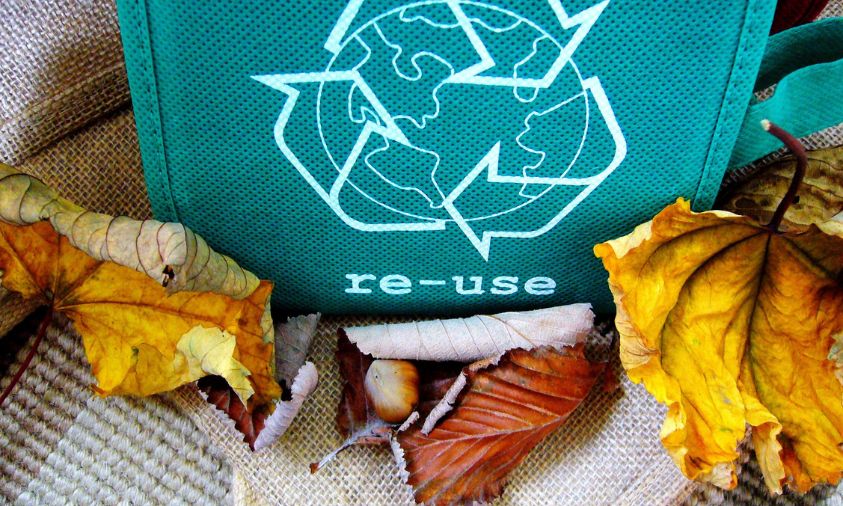Almost everything around us has plastic, from our toothbrushes to the clothes we wear and even the food we eat contains microplastics. We have used it so much that research has proven that microplastics are found in human lungs and blood. Stopping plastic usage all of a sudden is impossible but using alternatives is one of the primary steps we can take towards preventing plastic pollution.
Firstly, steps that we as common people can take apart from either reusing or recycling plastics effectively is using alternatives. People often start by saying “use reusable cotton bags” but CNN states in an article, “According to the UNEP report, a cotton bag needs to be used 50 to 150 times to have less impact on the climate compared with one single-use plastic bag.” Thus make sure you use it for a long time or give it to someone who needs it rather than throwing it away. Paper straws instead of plastic ones are not really effective as they leave behind a huge carbon footprint if you throw them away in a single use, rather you can use long-lasting steel straws. Similarly, you can use glass or metal bottles and containers instead of single-use ones. Reusing plastic containers is an option but not completely healthy as the plastic can break down into microplastics and mix with food or water.
Secondly, an alternative doesn’t always need to be store-bought, it can be a touch of our creativity too. For example, if you have a cardboard box you’re going to throw away, why don’t you use it to make your own storage box for your desk?
Additionally, paint has plastics too so you can try creating natural dyes from fruit peels or flowers. Furthermore, you can try to make bowls, cups from banana leaves or baskets from palm leaves or even toys from natural things you find, as an alternative to plastic ones or try arts and crafts from natural things. These are not just substitutes for plastics but you can appreciate nature and can learn new skills, enhance your creativity and mental ability. You have several other ideas and inspirations to take from the internet.
Supporting eco-friendly inventions is important. In India inventions of entrepreneurs include cutlery from sugarcane bagasse, edible and biodegradable plastic from seaweed or corn starch, leather from floral waste (known as Fleather) and sanitary napkins from banana fibres and bags, baskets and containers from water hyacinths a globally notorious weed.
Let’s go for alternatives and save our planet!

